2025 Spring Virtual Conference
American Association for Paralegal Education
March 19 – 21, 2025 | All Times Eastern Download Agenda as pdf
Wednesday, March 19
Session Abstract
The paralegal profession is at a pivotal moment, with advancements in AI and legal technology reshaping traditional workflows and practice areas. In this session, we explore how paralegals can harness these innovations while maintaining ethical integrity and meeting the evolving demands of the profession. Drawing insights from the Future of Jobs Report 2025 by the World Economic Forum, we will provide actionable strategies to future-proof careers and improve access to justice. This presentation will also highlight case studies across diverse practice areas, emphasizing prompt engineering, automation, and adaptive learning. Join us to gain a roadmap for success in the ever-changing legal landscape.
Learning Objectives
- Understand Trends: Learn about key findings from the Future of Jobs Report 2025 and their implications for paralegals across various practice areas.
- Ethics in Innovation: Explore the ethical considerations and best practices for integrating AI and legal technology into paralegal workflows, including ABA Model Rule 1.1 on competence.
- Practical Applications: Discover how prompt engineering, automation, and tailored workflows can enhance efficiency while upholding professional standards.
Target Audience
Adjunct Faculty
Session Format
60-minute interactive workshop
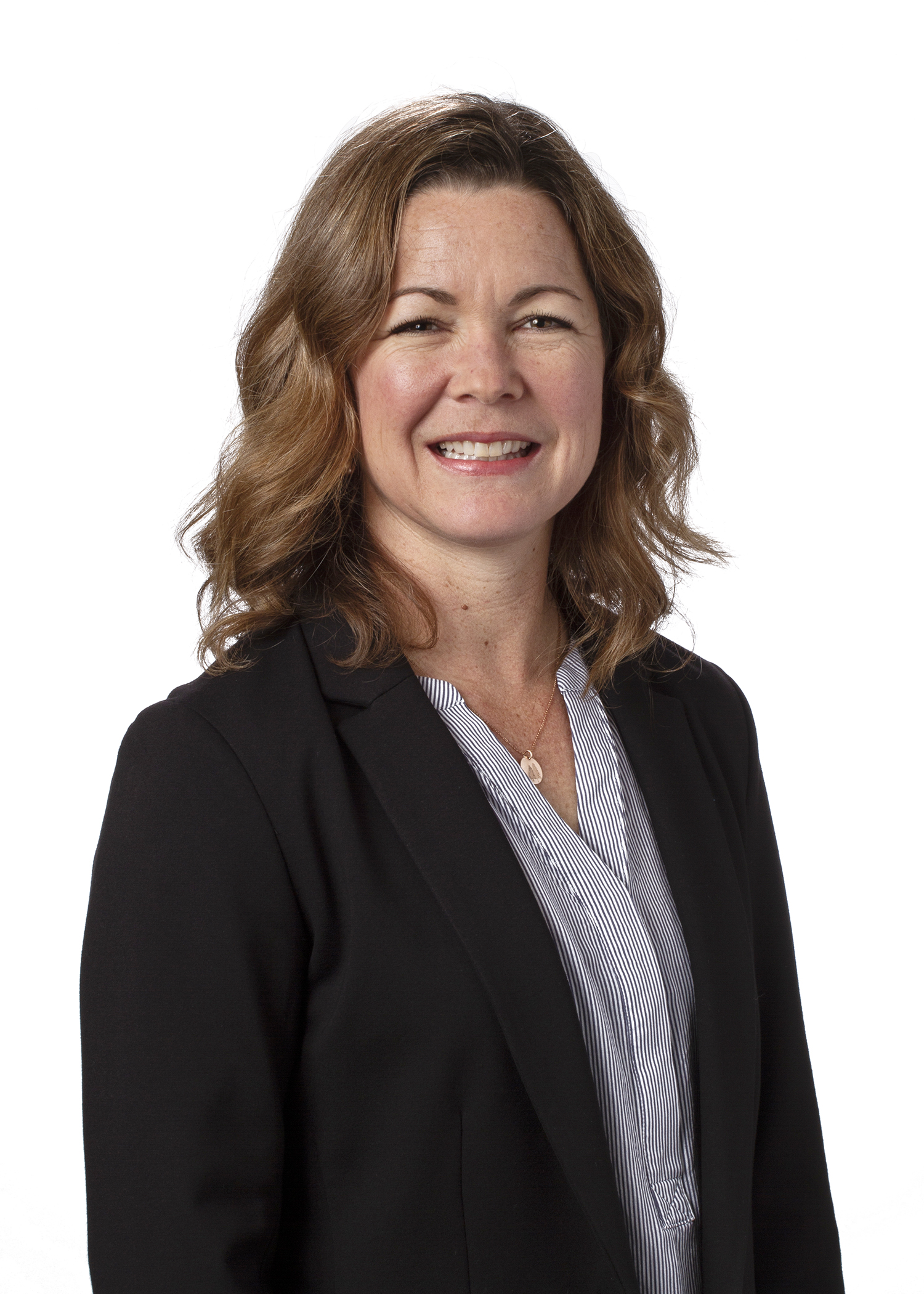
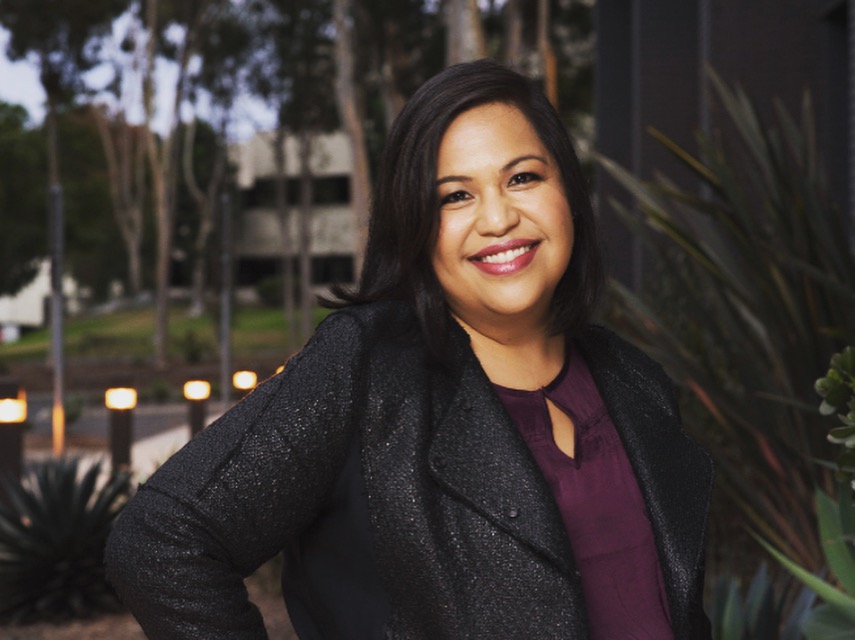
Speaker Bio
Kelli Radnothy is a freelance litigation paralegal and resource consultant with nearly 20 years in the legal industry. She currently serves as a course designer and adjunct instructor for the University of WA Continuum College's Paralegal Program. Kelli also serves as a resource consultant for a non-profit organization empowering survivors of trafficking, sexual assault, and domestic violence. Her portfolio focuses on advancing and supporting the paralegal profession and includes extensive experience in complex litigation, trials, legal technology, eDiscovery, and pro bono humanitarian relief projects. Kelli holds a B.S. in Criminal Justice from Northern AZ University, a Paralegal Certificate from Miramar College, and an eDiscovery & Litigation Technology Certificate from UCSD Extension. She is passionate about creating alliances to connect system and community-based advocates to enable access to vital resources. Kelli thrives in coaching, mentoring, and developing the future paralegal workforce.
Kristine Custodio Suero is an award-winning legal professional and a highly sought-after speaker inspiring legal professionals to achieve authentic, purpose-driven careers and lives. Her nonprofit service with local, state and national paralegal associations focuses primarily on professional and leadership development. She serves as a member of the University of San Diego School of Law Paralegal Program's Advisory Board and as Adjunct Faculty. In 2020, Kristine was selected as the California Paralegal of the Year, awarded by the California Alliance of Paralegal Associations and nominated by the San Diego Paralegal Association. Kristine is a graduate of the 2021 International Leadership Association Leadership Education Academy. She is currently a Senior Paralegal/Business Development Director for Schechter Benefits Law Group LLP specializing in ERISA/employee benefits law, business law and civil litigation. Kristine may be reached at kristine.custodio@gmail.com.
Session Abstract
Join a dynamic panel of experienced paralegals and paralegal educators as they explore the foundational role of "Introduction to Paralegal/Legal Studies" in shaping students' academic and professional journeys in the legal field. This session will demonstrate how the course serves as a crucial stepping stone for students, equipping them with essential legal principles, career pathways, and continuing education. Through the insights of the panelists, educators will gain an appreciation for how the course supports students' growth both in the classroom and in their careers. This session will further examine effective teaching strategies aimed at enhancing student engagement and learning outcomes. Panelists will share best practices in active learning techniques, as well as the value of mentoring that fosters a supportive learning environment. By adopting these approaches, educators can better prepare students for the realities of the legal profession and help them thrive both in their studies and careers. Finally, the session will focus on identifying and utilizing external resources to enrich the learning experience. The panelists will discuss how professional organizations offer invaluable support and networking opportunities, while supplementary materials and certification can expand students' professional horizons.
Learning Objectives
- Recognize how Introduction to Legal Studies provides a foundational framework that fosters students' academic growth and professional development in the legal field
- Explore effective teaching strategies and tools to enhance student engagement and learning
- Identify and utilize external resources to enrich the student learning experience and broaden their professional opportunities
Target Audience
New Educators
Session Format
45-minute workshop
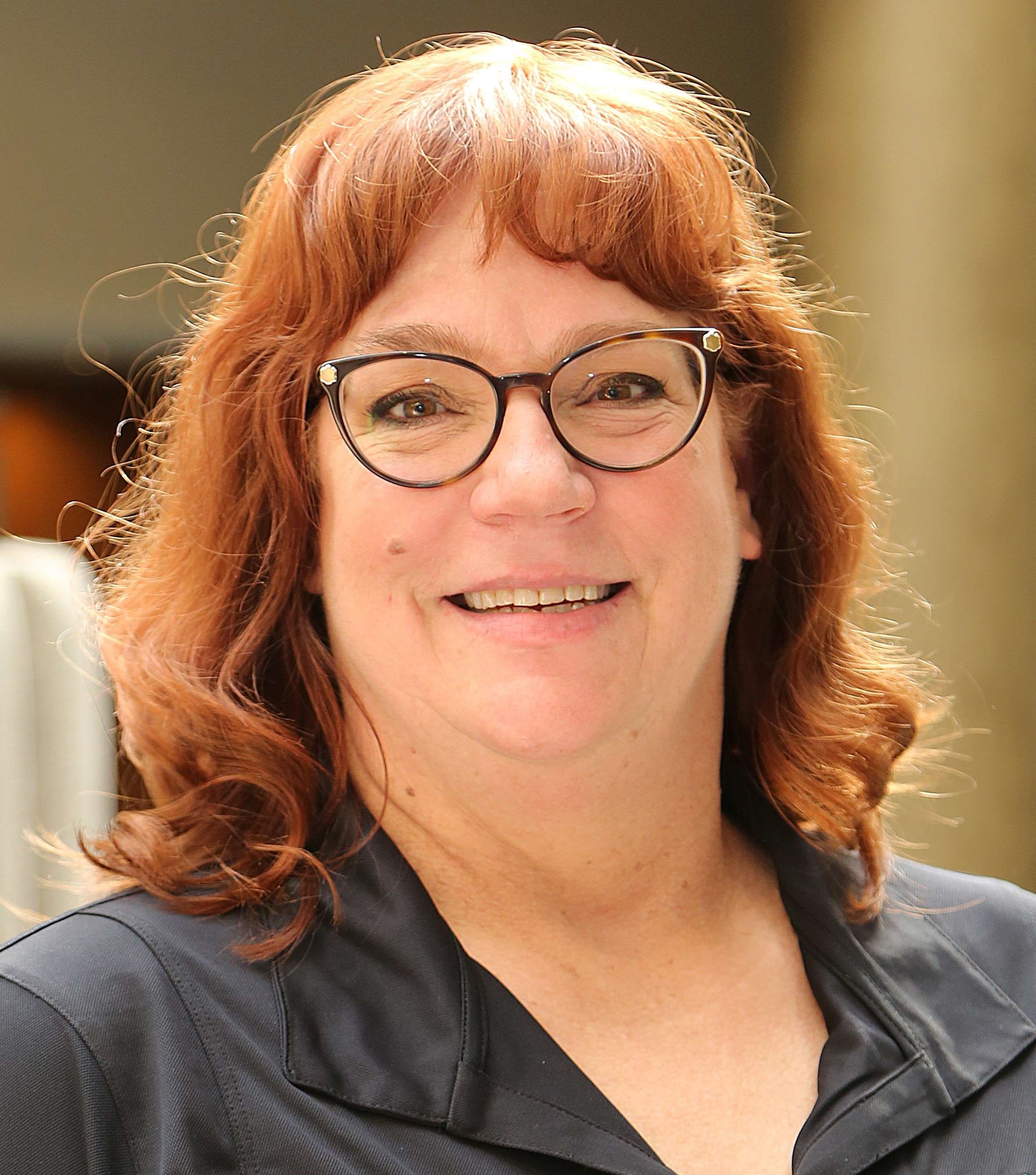
Speaker Bio
Deana Waters, ACP, is a seasoned paralegal with 15 years of experience, specializing in civil litigation, family law, workers' compensation, and collections. She holds the Certified Paralegal (CP®) credential and the Advanced Certified Paralegal (ACP®) credential in Discovery. Since 2006, she has been an esteemed faculty member at the University of Alaska Fairbanks' Community & Technical College Paralegal Studies Program and currently serves as Program Coordinator. Her teaching expertise encompasses a wide range of legal subjects, including introduction to paralegal studies, ethics, civil procedure, torts, family law, constitutional law, and advanced legal writing.
Session Abstract
Many of our paralegal programs are now settled in, or planning to move to, a fully online format. How do we ensure that our online classroom, our LMS, is formatted in a way that best suits our students, yet still delivers rich legal content? South Suburban College, located in the South Chicago Suburbs, received its first nationally certified Quality Matters course in its Fundamentals of Paralegalism course in October 2023. Quality Matters is an internationally recognized, nonprofit organization that reviews the design of online courses through a peer-review and rubric process. This session discusses the process to certification, as well as benefits, from both the instructor's perspective and the college's Manager of Instructional Design.
Learning Objectives
- What "Quality Matters" is & the process for obtaining course certification
- How Quality Matters can improve the design of your online course
- Additional program benefits of Quality Matters Certification outside the classroom
Target Audience
Others
Session Format
45-minute interactive workshop
_compressed-page-001.jpg)

Speaker Bio
Becky Walters is the Law & Paralegal Studies and Criminal Justice Program Coordinator and tenured Legal Studies Professor at ABA-approved South Suburban College in South Holland, Illinois. She also serves as a Special Assistant State's Attorney in Cook County assigned to the Criminal Appeals Division. She received her Bachelor of Arts from the University of Illinois at Urbana-Champaign and her Juris Doctorate from DePaul University College of Law. She earned her Master Online Teaching Certificate from the University of Illinois Springfield in 2023. Walters served as a Cook County Assistant State's Attorney for nearly 12 years. As an ASA assigned to the Alternative Prosecution and Sentencing Unit, she led a team screening Chicago felony cases for all the Cook County Problem-Solving Courts and Deferred Prosecution Programs. She was awarded first place in the 2020 AAfPE National Teaching Competition and named Outstanding Faculty Member of the Year by South Suburban College in 2021.
Jamie Ackley is the Manager of Instructional Design at South Suburban College since 2021. With over two decades of experience in instructional design, Jamie has held roles at Columbia College Chicago, Roosevelt University, the University of Chicago, and Joliet Junior College. Additionally, Jamie is a peer reviewer for Quality Matters, having reviewed several online courses for other colleges to ensure Quality Matters standards are met.
Session Abstract
In teaching Business Law, we can often deal with challenges of how to have our students become familiar with laws that affect aspects of business. This session focuses on incorporating real-world examples and hands-on applications, such as setting up a business and dealing with contract law in practical situations. It also addresses teaching probate law by incorporating practical assignments like drafting probate documents, reviewing case files, and navigating court procedures.
Learning Objectives
Target Audience
New Educators
Session Format
60-minute interactive workshop
Speaker Bio
Session Abstract
What is an "introduction to legal studies"? Often, the answer boils down to an introduction to the close reading of legal texts and an introduction to legal analysis. This presentation gives examples of how to cooperatively work through legal problems with students—from a two-day reading and analysis exercise to larger assignments—highlighting the importance of practical engagement.
Learning Objectives
- Attendees will gain a sense that some of the goals of an introduction to legal studies course are improving student reading and analysis skills.
- Attendees will learn how cooperative analysis can effectively teach these skills.
- Attendees will get examples of cooperative work through legal problems.
Target Audience
New Educators
Session Format
45-minute interactive workshop
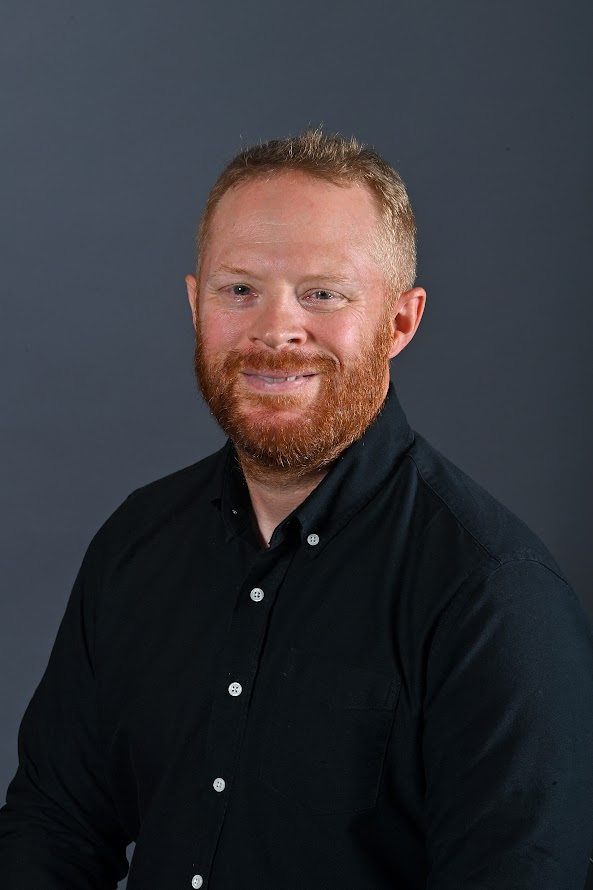
Speaker Bio
James Croft is the chairperson of the Division of Legal Studies at St. John's University. Prior to joining St. John's, he worked as a corporate restructuring and bankruptcy attorney at Cleary Gottlieb Steen & Hamilton LLP. A veteran of the United States Marine Corps, James graduated magna cum laude from St. John's University School of Law, where he served as an editor of the Law Review. He currently teaches Introduction to Legal Studies, Legal Research, and Legal Writing.
Session Abstract
Legal studies courses provide the cornerstone for paralegal education, introducing students to the critical thinking, legal analysis, and practical skills necessary for success. This session explores teaching strategies that emphasize active learning, student engagement, and foundational knowledge development. Participants will learn how to create a supportive environment and design comprehensive syllabi to prepare students for advanced coursework and professional challenges.
Learning Objectives
- Learn how to incorporate case studies and collaborative exercises into teaching.
- Discover methods to transition students from basic concepts to advanced analysis.
- Understand how to design an engaging and supportive classroom environment.
Target Audience
New Educators
Session Format
45-minute interactive workshop
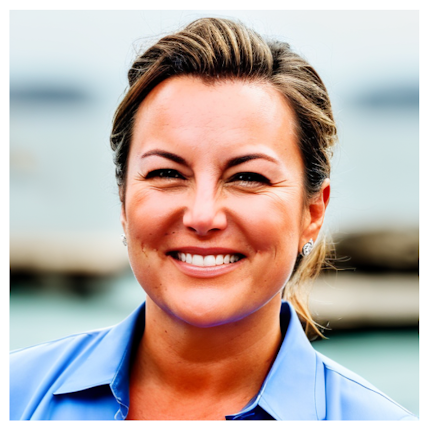
Speaker Bio
Melissa Ansley Brooks is a dedicated educator passionate about preparing future paralegal professionals. She emphasizes critical thinking, practical application, and lifelong learning while creating inclusive and supportive learning environments.
Thursday, March 20
Technology is changing how we practice law – and that means law schools and paralegal programs need to change how they teach it. We created the Relativity Academic Partner program to give students hands-on experience in the legal industry's leading technology tool before they even graduate.
Watch RecordingSession Abstract
"Teaching Unauthorized Practice of Law: Professional Identity Formation in an Evolving Legal Landscape" explores how landmark cases can help students develop nuanced critical thinking about UPL doctrine while fostering their professional identity formation. The session discusses using recent cases to engage students with complex ethical questions and regulatory reforms.
Learning Objectives
- Develop strategies for using evolving UPL jurisprudence to boost critical thinking.
- Incorporate discussions of regulatory reform into classroom instruction.
- Help students understand traditional UPL principles alongside contemporary developments.
Target Audience
New Educators
Session Format
60-minute interactive workshop

Speaker Bio
Megan Dorton is faculty at Portland Community College and a long-time civil rights and anti-poverty lawyer.
Session Abstract
Legal Research and Writing can be an intimidating course for students. This session demonstrates how to create a semester-long research and writing project that incorporates repetition, redrafting, and technology to boost student learning and engagement.
Learning Objectives
- Design a research and writing project that promotes student mastery.
- Use pre-test examples and lesson plans to reinforce learning.
Target Audience
Early-Career Faculty
Session Format
45-minute interactive workshop
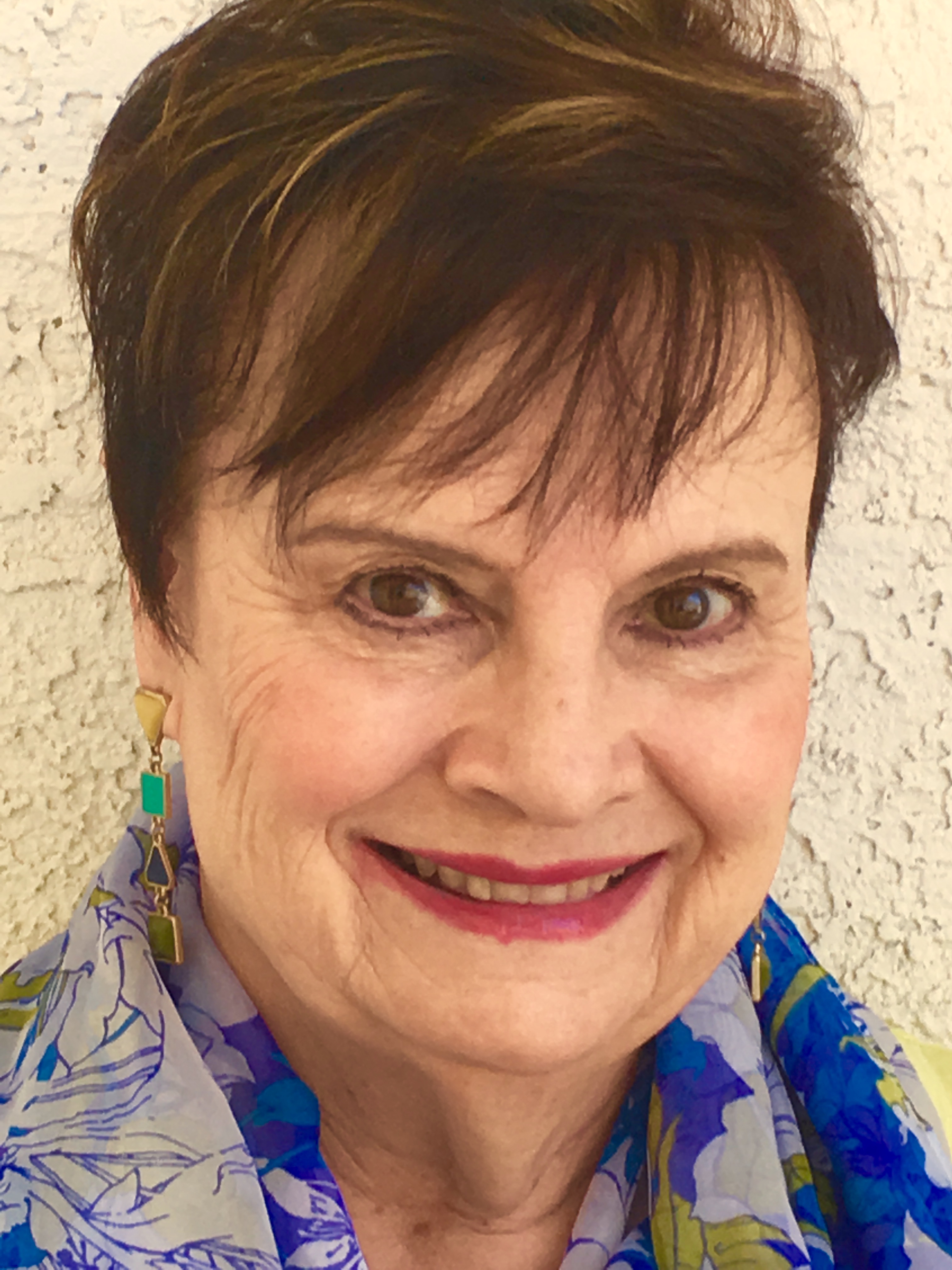

Speaker Bio
Jackie Van Dyke is a professor of Legal Research and Writing at USD and GWU, a Certified Paralegal, and the CEO of The Paralegal Writer™. She has published numerous articles on legal writing. Sheila Grela is a seasoned litigation paralegal and Advanced Certified Paralegal (ACP) specializing in eDiscovery.
Session Abstract
Culture encompasses our interactions within family and social groups; each student brings their unique cultural perspective to class. This session explores teaching civil litigation through a trial team approach, emphasizing group and independent discussions throughout the discovery phase.
Learning Objectives
- Challenge students to identify legal issues.
- Learn the role and duties of a paralegal.
- Engage in trial team analysis of various legal aspects.
Target Audience
New Educators
Session Format
45-minute interactive workshop
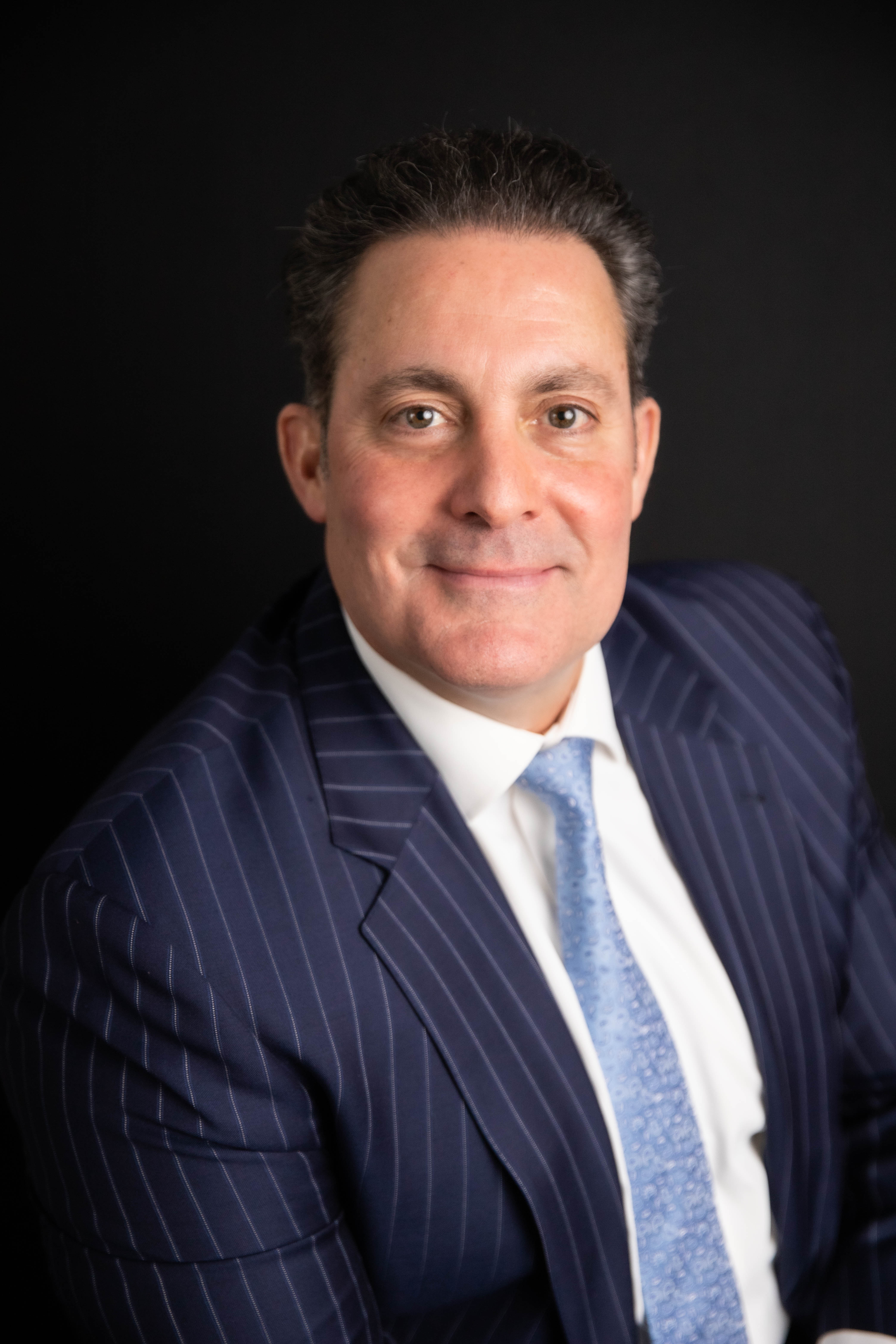
Speaker Bio
Roberto E. Cosentino is an Assistant Professor in the Division of Legal Studies at St. John's University. A seasoned trial lawyer with over 25 years of experience, he is also a member of various state bars and committees.
Session Format
45-minute interactive workshop
Session Abstract
For Teaching Introduction to Paralegal Studies, the session presents the implementation of a Paralegal Panel that participates in the classroom each semester. This applied learning experience includes a Q & A and a paper written in APA style based on the panel experience.
Learning Objectives
- Implement a paralegal panel to enhance applied learning.
- Engage students in practical learning through interactive Q & A sessions.
Target Audience
New Educators
Session Format
45-minute interactive workshop
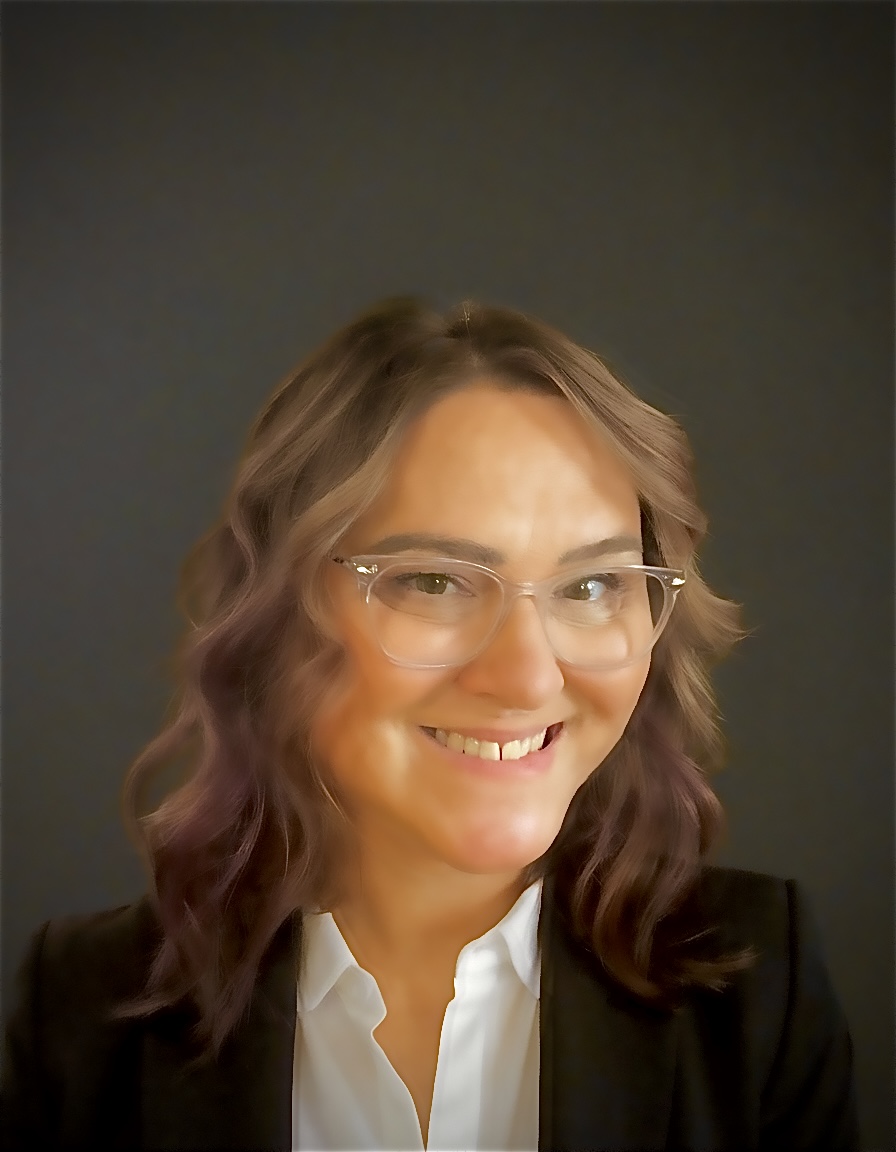
Speaker Bio
Crystal Dowdell is the Program Director for the Legal Studies Program at Missouri Western State University. With over 32 years of experience, she has worked in various legal roles, including specializing in Chapter 13 Bankruptcy Law and providing hands-on client assistance.
Friday, March 21
Session Abstract
This session explores the integration of improv techniques as a tool to enhance student engagement and oral advocacy skills. Exercises like "The Expert" and "Yes, And" foster active participation, quick thinking, and adaptability in classroom scenarios.
Learning Objectives
- Incorporate improv exercises to boost student engagement and creativity.
- Simulate real-world scenarios to improve oral advocacy skills.
- Align improvisational techniques with core learning objectives in legal education.
Target Audience
Early-Career Faculty
Session Format
60-minute interactive workshop
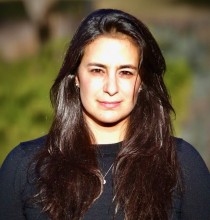
Speaker Bio
Professor Yamen is an Assistant Professor in the Division of Legal Studies at St. John's University, with a diverse background in law and advocacy, including support for veterans and small businesses.
Session Abstract
This session explores strategies for adapting traditional synchronous oral presentations to an asynchronous online environment. It includes practical tips on assignment design, peer feedback, and assessment rubrics.
Learning Objectives
- Create an asynchronous oral presentation assignment to boost student interaction.
- Utilize simple digital tools to facilitate peer engagement.
- Develop rubrics that assess presentation quality and peer feedback.
Target Audience
New Educators
Session Format
45-minute interactive workshop
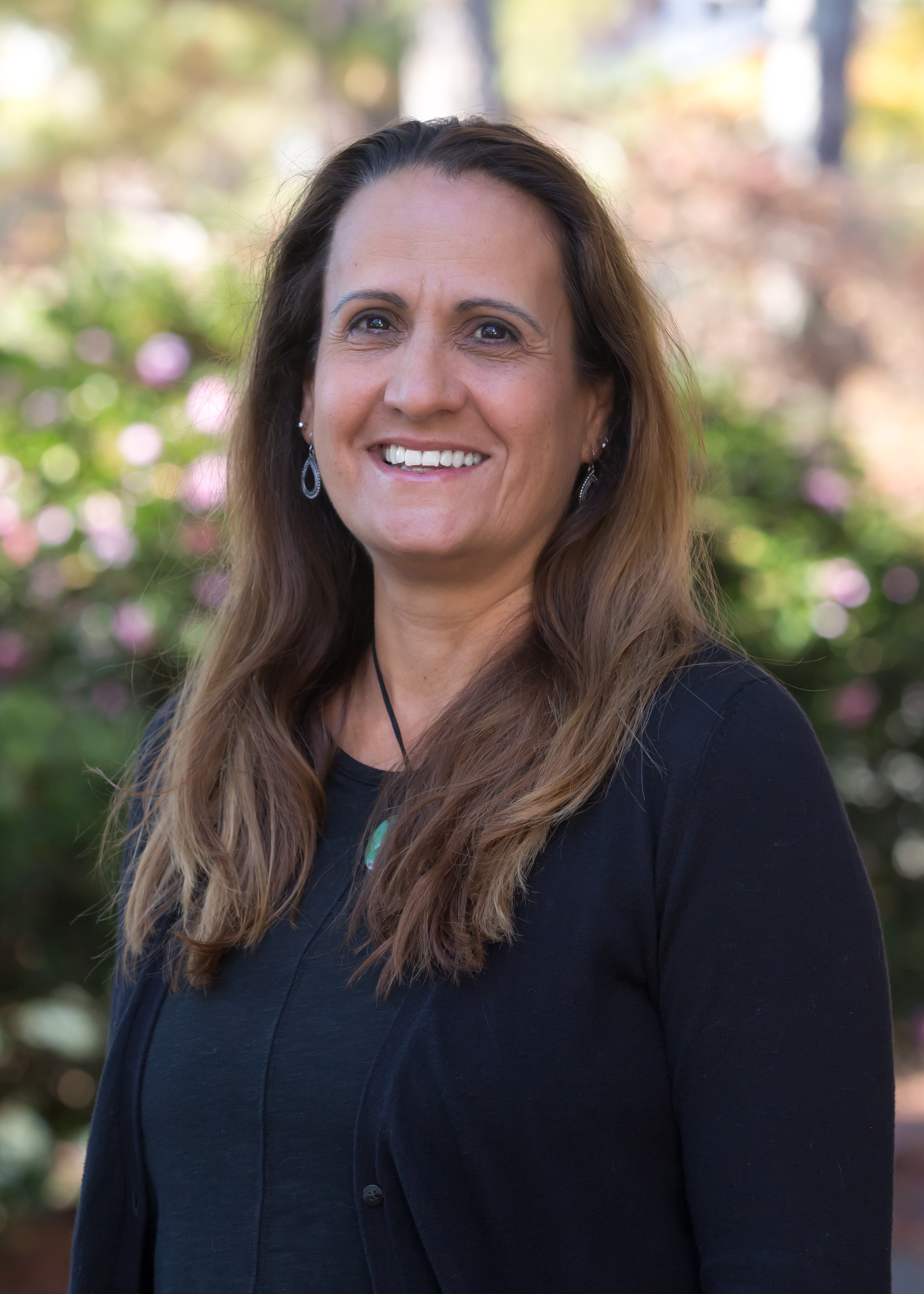
Speaker Bio
Mara Mooney has been a paralegal educator for over 25 years. A graduate of Lafayette College and Emory University School of Law, she is a professor at Clayton State University and the LEX chapter advisor.
Session Abstract
Learning law through a specific practice area is nothing new. With Cannabis Law, practical assignments around marijuana and cannabis law offer an engaging way to teach introductory legal concepts.
Learning Objectives
- Use the dynamic cannabis space to teach introductory legal concepts.
- Expand foundational law courses with practical, cannabis-related assignments.
Target Audience
New Educators
Session Format
45-minute interactive workshop
Session Abstract
This session explored transformative shifts in the legal profession and how educators can prepare students for a rapidly evolving landscape marked by AI advancements, remote work, and expanding paralegal roles.
Learning Objectives
- Understand how emerging technologies transform legal processes.
- Develop strategies for remote and hybrid work environments.
- Identify new skills required for evolving paralegal roles.
Target Audience
New Educators, Adjunct Faculty, Online Instructors
Session Format
60-minute interactive workshop
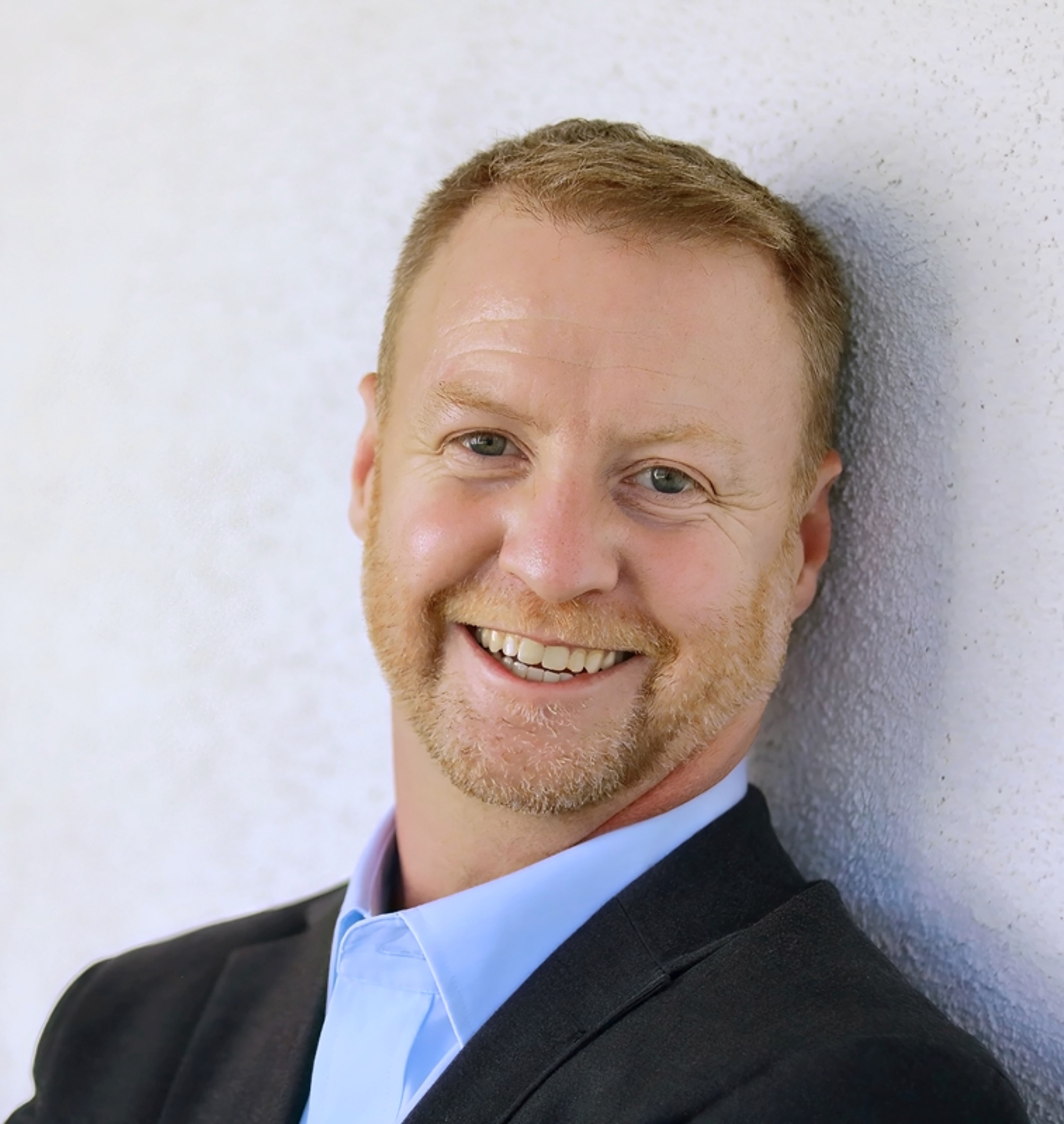
Speaker Bio
Doug is the founder and CEO of National Society for Legal Technology (NSLT) and a nationally recognized expert in legal technology education, with textbooks used in over 320 universities.